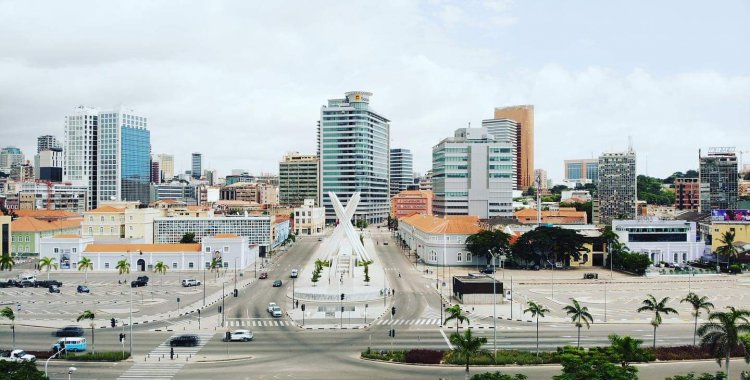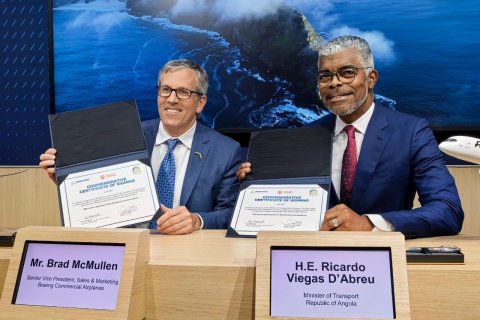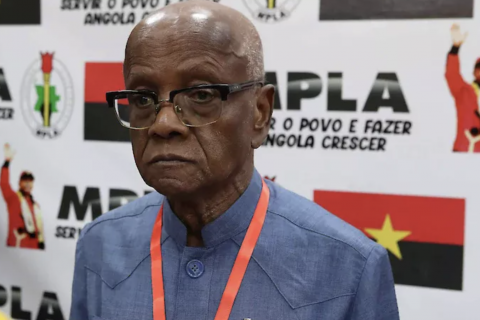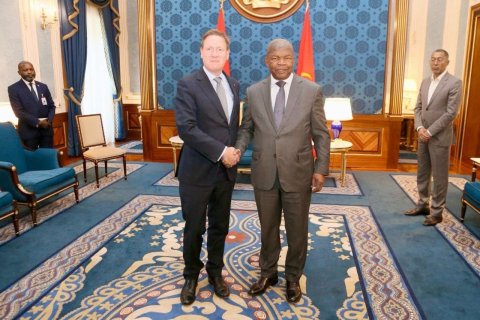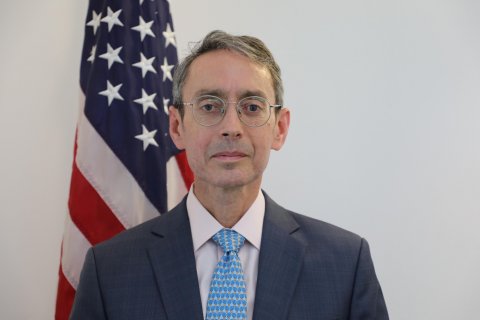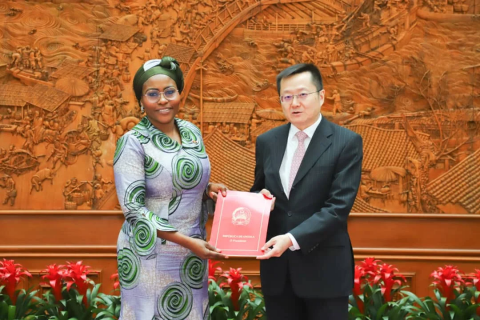"In 2021, economic recovery will depend on the evolution of the pandemic and the speed with which vaccines are distributed worldwide, and particularly on their effects on the oil market; we expect 1 to 2 percent growth this year, with the oil economy contracting significantly, and the non-oil economy beginning to show a more solid recovery," economists say.
In an analysis note on the IMF's fourth assessment of the country's ongoing financial adjustment program by the end of the year, sent to clients and accessed by Lusa, BFA's economic studies department notes that the IMF forecast for Angola has been cut from 3.2 percent to 0.4 percent, which compares with the stagnation predicted by the government.
"The Fund's economic forecast is in line with that of the government, with the IMF assuming that oil prices will not exceed 50 dollars by 2023, in a very significant estimate, on a tone similar to that of the Angolan executive," the economists add.
On the IMF's evaluation of the $4.5 billion financial assistance program, BFA economists consider that it shows that "the IMF continues to support the executive's reform agenda, and it is obvious that an extraordinary margin has been given in relation to meeting the structural objectives, taking into account the impact of the pandemic.
The IMF's assessment in mid-August is quite positive for Angola, despite the fact that some of the agreed targets and indicators, namely in relation to the financial sector and central bank provision, have failed, but it did present arguments considered valid by the IMF's technical team.
Regarding the risks of implementing the program that ends at the end of the year, the Fund considered, in the document that reported approval of a disbursement of close to US$500 million, that there are "significant risks", mainly with respect to the level of public debt, oil prices, and the fragile economic environment.
However, they state that "to address these risks, the authorities kept the programme on track, notably by presenting a prudent 2021 budget, implementing an effective debt management strategy, allowing the exchange rate to adjust to shocks, pursuing a sound monetary policy and continuing progress on important structural reforms".
The IMF has worsened its growth forecast for Angola, anticipating a recovery of 0.4 percent, and has increased public debt to 134.2 percent last year and 119.9 percent this year.
"Public debt is expected to increase from 107 percent of GDP in 2019 to 134 percent in 2020; projections for 2020 mainly reflect the depreciation of the exchange rate and the fall in oil prices following the shock triggered by the covid-19 pandemic," IMF staff wrote in the report detailing the analysis to the fourth review of the financial adjustment program.
Angola has been under technical and financial assistance from the IMF since late 2018, and will receive $1.5 billion by the end of the year to deal with the difficulties and relaunch the economy, in addition to technical advice on defining economic policies.

